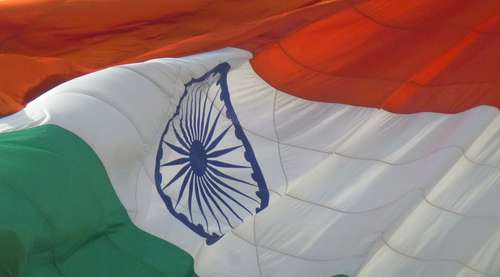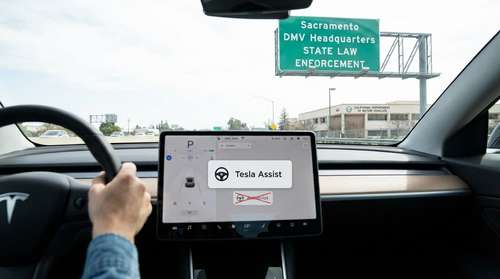Indonesia has blocked the sales of certain Google and Apple smartphones due to local content requirements.
The announcement came a week after the Indonesian government announced that Apple would be unable to sell Apple iPhone 16 since Apple has “not fulfilled its investment commitment to earn a local content certification.”
This ban not only affects Apple's latest iPhone 16 models but also the Google's Pixel line, creating a buzz about Indonesia's policies and their impact on international tech giants.
What’s Behind the Indonesia Smartphone Sales Ban?
“We are enforcing these rules to ensure fairness for all investors in Indonesia,” Ministry of Industry spokesperson Febri Hendri Antoni Arief said late last week. “Since Google’s products do not comply with the requirements, they cannot be sold domestically.”
Indonesia’s government requires all 4G and 5G devices sold domestically to meet specific local content requirements, which include sourcing or manufacturing at least 40% of the components within the country.
These rules cover hardware and software elements, encouraging tech companies to integrate local content in everything from physical components to software applications used on the devices.
The local content rule is part of Indonesia's strategy to strengthen its economy and create opportunities for local manufacturers, suppliers, and talent. It ensures that international brands contribute to local industries, spurring economic development.
Unfortunately, Google’s Pixel and Apple’s iPhone 16 have not yet met these standards, leading to the sales ban. Since Apple's market share in the country typically is around 6-7%, this might cause a huge blow.
Why Local Content Matters
Local content requirements aren’t new to Indonesia. The country has implemented similar rules across various sectors to ensure foreign companies contribute to the local economy. In the smartphone industry, this approach aims to push tech companies to work with Indonesian suppliers and manufacturers, encouraging investment and supporting local industries.
Indonesia has successfully used similar tactics in other industries, such as mining and e-commerce. For instance, its policies on nickel exports requires foreign companies to process raw materials domestically before export which has encouraged multinational corporations to set up processing facilities locally.
How Will Google and Apple Respond?
Although Google and Apple aren't the top smartphone brands in Indonesia—where Chinese and South Korean models are more popular—the nation represents a sizable market, given its population and tech-savvy consumer base. Losing access to this market could push both companies to negotiate or adapt.
Experts speculate that Google and Apple may partner with local suppliers or explore workarounds to regain access to the Indonesian market soon.
Will This Affect Indonesian Consumers?
Indonesian consumers looking to buy Google Pixel or Apple iPhone 16 phones may still have options, but they’ll likely have to import these models and pay more fees.
While local brands and other international companies like Oppo and Samsung continue to lead the market, the absence of popular Google and Apple devices could shift some consumer preferences temporarily.
Closing Note
Indonesia's decision to block Google and Apple smartphones due to unmet local content requirements shows Indonesia’s intent to boost their local industry and economy.




